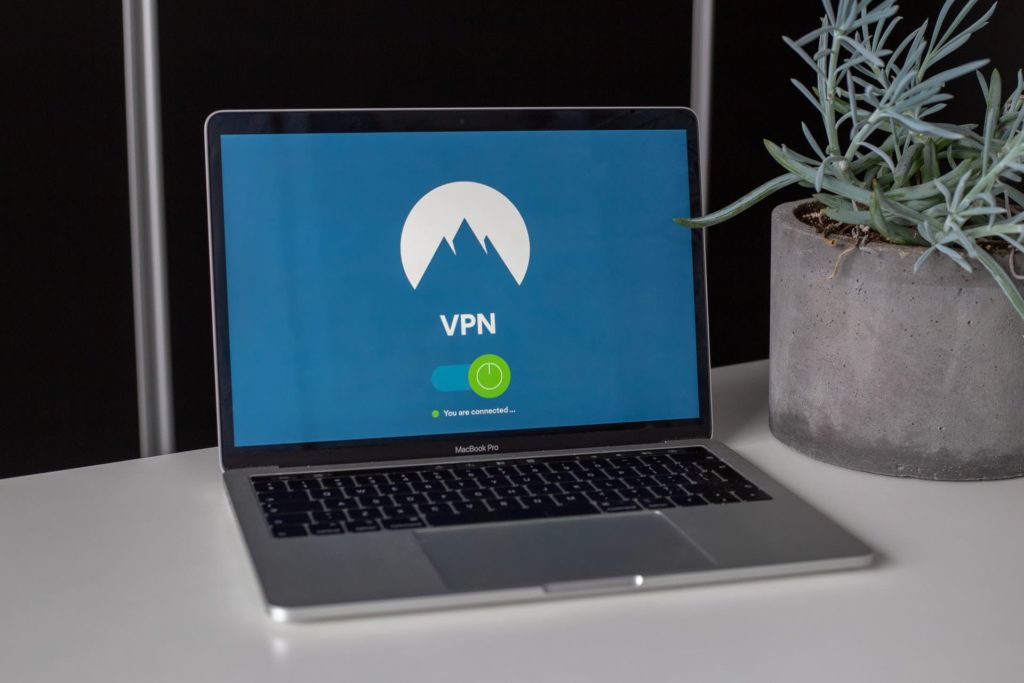For as long as the Internet has existed, there has been a need for protocols to keep data private and secure. The history of VPN (Virtual Private Network) technology dates back to 1996 when a Microsoft employee developed the peer-to-peer tunneling protocol (PPTP). PPTP, the forerunner of modern VPNs, creates a more secure and private connection between a computer and the internet.
With the rise of the Internet, so has the demand for more sophisticated security systems. While antivirus and similar software was effective in preventing end-user level damage, what was really needed was to improve the security of the connection itself. This is where VPNs came in.
For the business world only
Originally VPNs were used almost exclusively in business life. However, the outbreak of high-profile security breaches in the early 2000s was a pivotal moment in the history of VPN technology. As a result, ordinary Internet users became aware of the true risks of working online and started looking for safer methods.
Today, VPNs are used to secure Internet connections, prevent malware and hacker attacks, protect digital privacy, unblock geo-restricted content, and hide users' physical locations. Easier to use and more affordable than ever, a VPN is an essential tool for staying safe online.
Why?
VPN technology has been around for decades. It was originally developed for large companies and was never intended for the many purposes it is used for today. At that time the need was great. Businesses, organizations, governments, and many others with sensitive information have been at risk of hacking or other data loss while using open Internet connections. Connections that were far more secure than average had to be created so that remote users, branch offices, and field workers could access and use corporate files without leaking their secrets. The solution they found is VPN for PC and now too Smartphone.
In addition to tunneling protocols that establish secure connections that hide the original source, high encryption standards ensure that even if data is lost, the data is never used by anyone who is not supposed to have it. The benefits of VPN to the individual internet user were clear from the start, and this has sparked the modern rush for the best VPN technology. Over the years, the development of VPNs has been fueled by intrusions from censors around the world and the never-ending incentive for hackers to break into all sorts of devices and connections.
The future of VPN is bright
The first VPNs did the simple job they were originally intended for, which was to provide remote access to a home network, but opened up a world of possibilities, both good and bad. While the early versions were intended to provide security, they were often vulnerable to attacks that blocked or intercepted the flow of data. Also, they were very slow at the Data transmission, so they weren't as useful in real-time situations as they are today. Later versions improved on the original ideas, by merging and further developing the technologies. Today's modern VPNs are a versatile, adaptable, and desirable tool for internet users at all levels of the spectrum.








